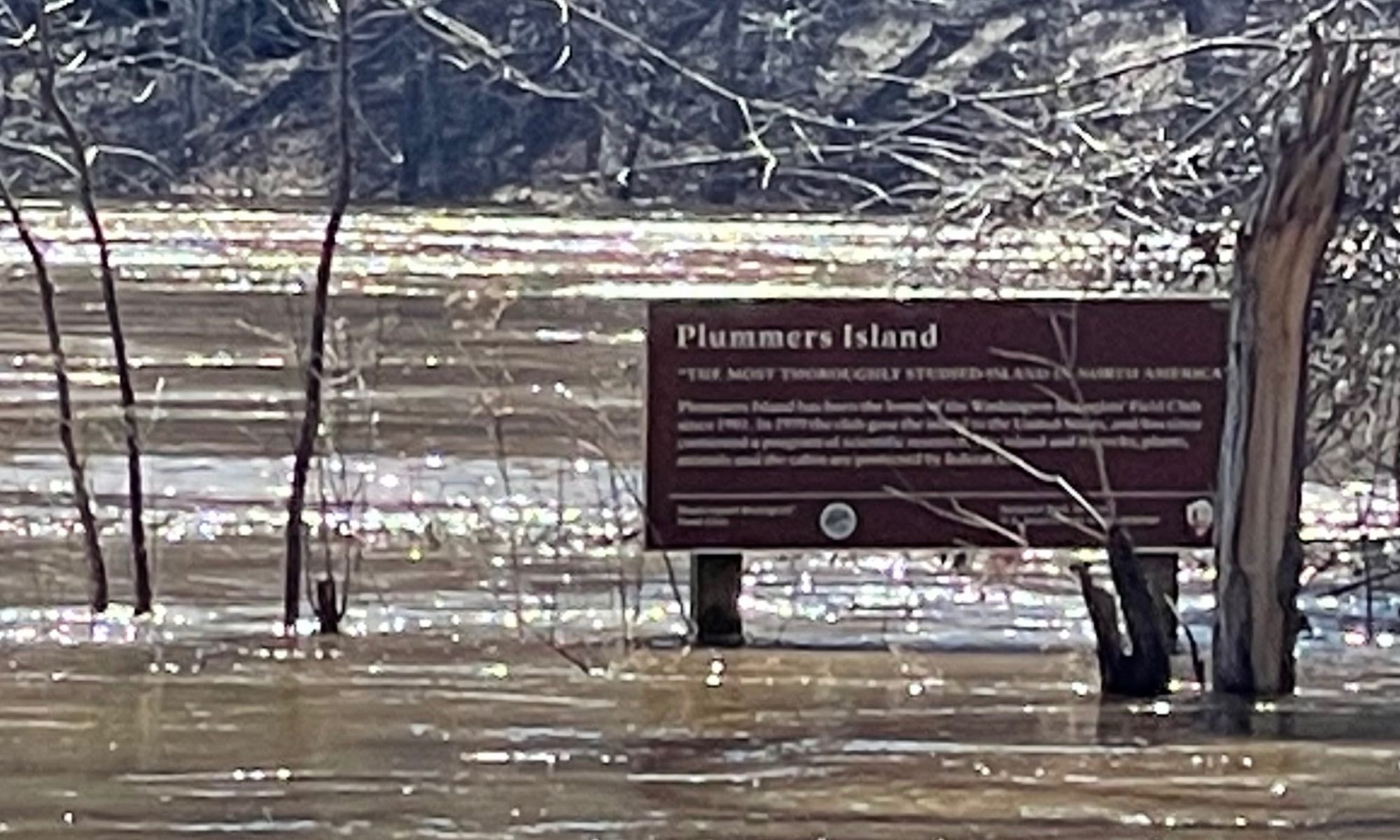
Chair
Sheffield, Steven R. (Active)
Bowie State University
Ecology, Conservation, and Toxicology
Steve was born on July 17, 1956, in Syracuse, New York, and gained a keen interest in animals and nature early on. One of his favorite books as a kid was a field guide to wildlife, and he knew where to catch salamanders, frogs, snakes, and turtles in his neighborhood. In Boy Scouts, he achieved the Eagle Scout ranking and earned all of the nature-related merit badges. Steve earned a BA in zoology from State University of New York at Oswego, and was fortunate enough to have a couple of great professors who took him out in the field and sold him on field biology as his future. He went on to earn an MS in wildlife ecology from the University of Maryland’s Appalachian Lab and PhD in zoology (with an environmental toxicology emphasis) from Oklahoma State University. His two-year postdoc from the Oak Ridge National Laboratory, Environmental Protection Agency, was served in the Department of Environmental Toxicology at Clemson University, where he spent four years, from 1995 to 1999, as a full-time faculty member.
In 1999, Steve moved to the Washington, D.C., area to take a position as a wildlife biologist in the Division of Migratory Bird Management of the U.S. Fish and Wildlife Service. There, among many other duties, he was head of Partners in Flight, a major Western Hemisphere avian conservation program. Steve was affiliate professor in biology and environmental science and public policy at George Mason University from 1999 to 2004, and since 2004 has been adjunct professor in the College of Natural Resources at Virginia Tech’s National Capital Region, where he has taught field biology, environmental toxicology, conservation ecology, and wildlife ecology/management. His field biology course is among the most popular courses in the catalog, and competition to get in this course is keen. In 2005, Steve joined the faculty in biology at Bowie State University, where he teaches human anatomy and physiology I and II and introduction to biology for biology majors.
His research focus is in the area of vertebrate ecology and conservation. His other interest is wildlife and ecotoxicology, and has included mammals, birds, reptiles, amphibians, and arthropods. Steve has about 60 publications in peer-reviewed journals, 10 book chapters, and 3 books in preparation. He wrote the contaminants chapter in the Wildlife Techniques manual (6th and 7th editions). Among his published papers is a paper on the morphology of Steve, an evolutionary tribute to Stephen J. Gould, in which he had about 440 co-authors, including Stephen Hawking and three Nobel Prize winners, including current Secretary of Energy Steven Chu. He has publications and presentations on mammals, birds, reptiles, amphibians, and arthropods.
Steve is a member of more than 20 scientific societies, including a life member of the American Society of Mammalogists and Charter Member of the Society for Conservation Biology. Service to scientific societies includes service on Board of Directors, American Society of Mammalogists, Ornithological Council, as well as numerous years of committee service for six different societies.
Steve is an experienced and devoted birder, having participated in about 70 Christmas bird counts (including 25 years in a row). He established the Sooner Lake Christmas bird count in Oklahoma in 1990 and served as its compiler for five years. His North America bird list is approaching 600 species. He is recognized nationally and internationally for his expertise on owls, bald eagles, and other raptors.
A few unique things about Steve: he lived in Rachel Carson’s house in Silver Spring (a National Historic Monument) from 2003 to 2005; he presented the 1st Aldo Leopold Conservation Award to E.O. Wilson at the American Society of Mammalogists’ meeting in Lubbock, Texas, June 2003; he was one of 18 who held the world record for playing in the longest softball game in history (57 hours, 30 minutes) in 1986 in Houston, Texas, (note – they raised over$10,000 for the M.D. Anderson Children’s Hospital in Houston; the game went over 400 innings and his team won 350-256 and he hit 24 over-the-fence homeruns).
Steve played collegiate baseball and track and field, Division III, at Oswego State University, and semi-professional baseball, and his hobbies include softball, bowling, tennis, watching football, hiking, camping, watching and photographing nature, and travel. His nature photography has received several national awards.
Steve was elected to the Washington Biologists’ Field Club in 2006 and has served on the Board of Directors from 2007 to 2009, and assisted with the food committee.

